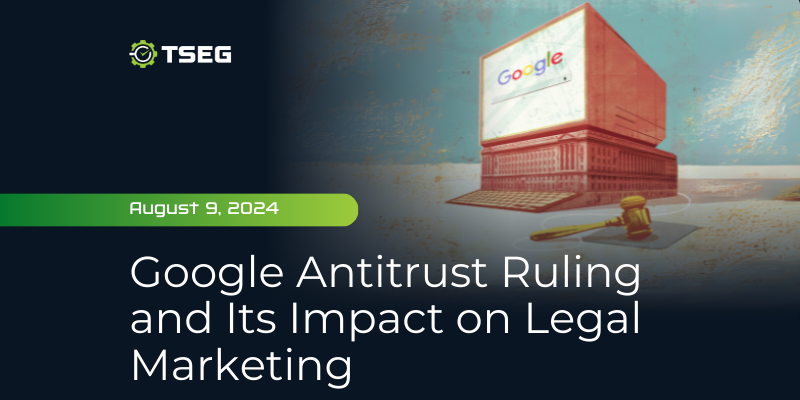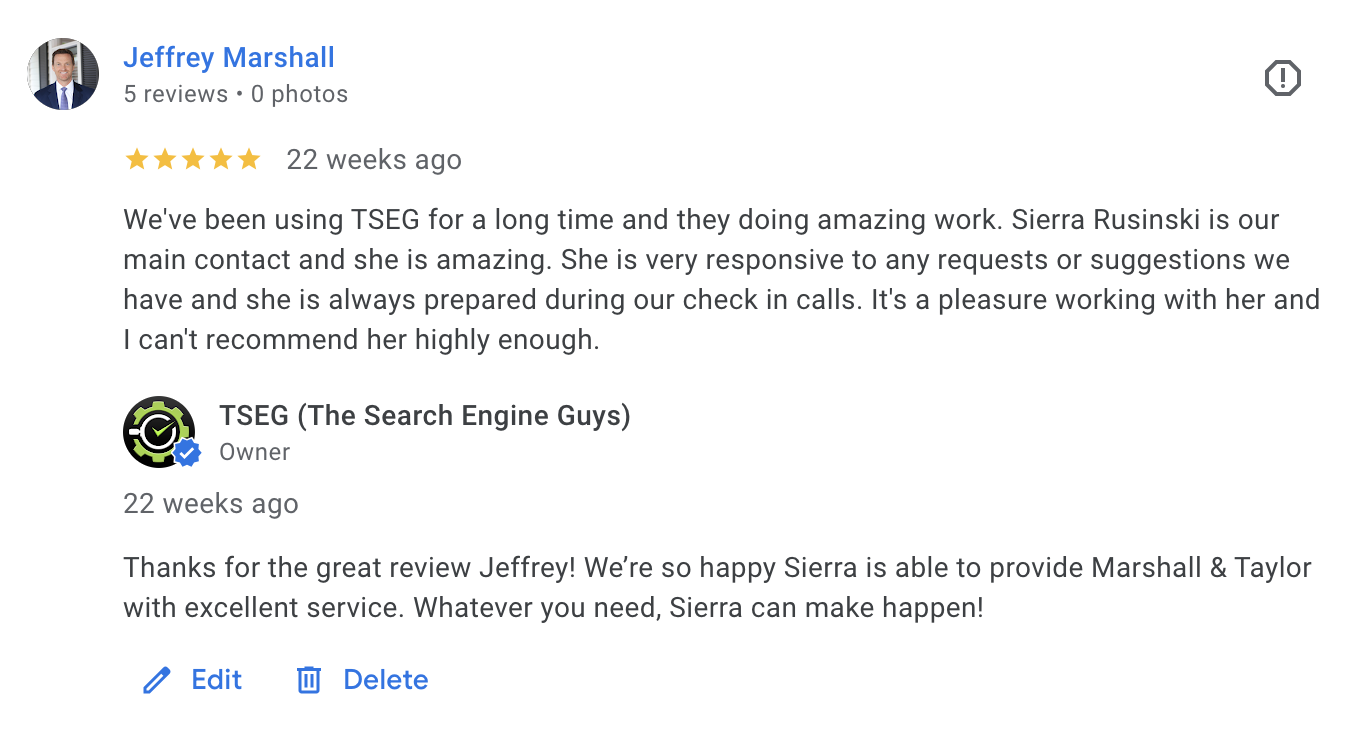Google Antitrust Ruling and Its Impact on Legal Marketing
Posted on Friday, August 9th, 2024 at 8:37 pm
Google’s Antitrust Violations
A significant legal setback has occurred for Google as federal judge, Amit Mehta, has ruled that the company maintained a monopoly in online search and search advertising, violating U.S. antitrust laws. This decision follows a lawsuit filed by the U.S. Department of Justice and several states, which accused Google of using anti-competitive tactics to secure and protect its dominant market position. These tactics included exclusive agreements with major companies such as Apple and Mozilla, ensuring that Google remained the default search engine on their platforms. Such practices effectively stifled competition and innovation by blocking competitors from crucial market segments.
The ruling outlines how Google’s monopolistic behavior unfairly limited market access for competitors, resulting in reduced consumer choice and hampered innovation. This decision marks a pivotal moment in the ongoing scrutiny of Big Tech’s market practices. With this ruling, Google faces the possibility of substantial changes to its business practices and market operations. Further proceedings will determine the specific remedies and penalties for these violations.

Impact on Search Rankings and Legal Marketing
Following the antitrust ruling, Google search rankings have experienced notable volatility. Various tracking tools and SEO experts have reported significant fluctuations, which many attribute to Google’s response to the legal decision. This heightened activity may also be linked to Google testing potential updates in anticipation of an expected core update.
For law firms, these fluctuations can result in unpredictable search result placements, potentially affecting their online visibility. Given that a stable and high-ranking position on search engine results pages (SERPs) is crucial for attracting clients. Adapting to changes in Google’s algorithms and market conditions is essential to retain visibility and attract potential clients.
Industry Reactions
The declaration of Google as a monopoly has sparked diverse reactions across the legal industry. Experts anticipate a prolonged legal battle due to Google’s expected appeal. Some believe that this ruling could lead to significant market disruptions.
Industry professionals are debating the long-term effects of this decision. Some view the ruling as a necessary step to ensure fair competition and innovation, while others question the effectiveness of the penalties and their ability to foster real change. This case could set important precedents for future antitrust actions and influence how regulatory bodies approach tech giants.
As the legal proceedings continue, many in the industry are closely monitoring the situation to understand how it might impact their own business strategies and operations.
TSEG’s Approach
At TSEG, we remain committed to ensuring our clients’ websites stay accessible and discoverable, regardless of potential changes in Google’s business practices. The recent antitrust ruling against Google could lead to significant shifts in digital advertising, and law firms must be prepared to adapt.
We recommend law firms focus on maintaining strong SEO practices. This involves optimizing for multiple search platforms and staying updated on best practices to retain visibility. TSEG’s blog has already covered the gradual transition of SEO beyond Google, offering insights into utilizing social platforms, Reddit, and Bing for SEO purposes. Law firms need to optimize their presence across various social media platforms and take advantage of the unique opportunities that each platform offers. On social media platforms like Reddit, for example, it is important to engaging with reviews, both positive and negative, and engage authentically by responding to comments and questions professionally.
Additionally, balancing SEO efforts with a healthy PPC budget is crucial. SEO for Bing would be similar to Google in that attorneys can take advantage of a new placement where their website can appear by increasing these budgets. While Google’s advertising platform remains a key channel for client acquisition, diversifying marketing strategies can help mitigate risks associated with potential disruptions. Investing in both SEO and PPC ensures that law firms can continue attracting clients while adapting to any changes resulting from the antitrust ruling.
Our clients trust us to handle these challenges, allowing them to focus on their legal practice. With TSEG’s expertise, law firms can confidently adapt their marketing strategies to any changes resulting from the antitrust proceedings. Contact us today.

